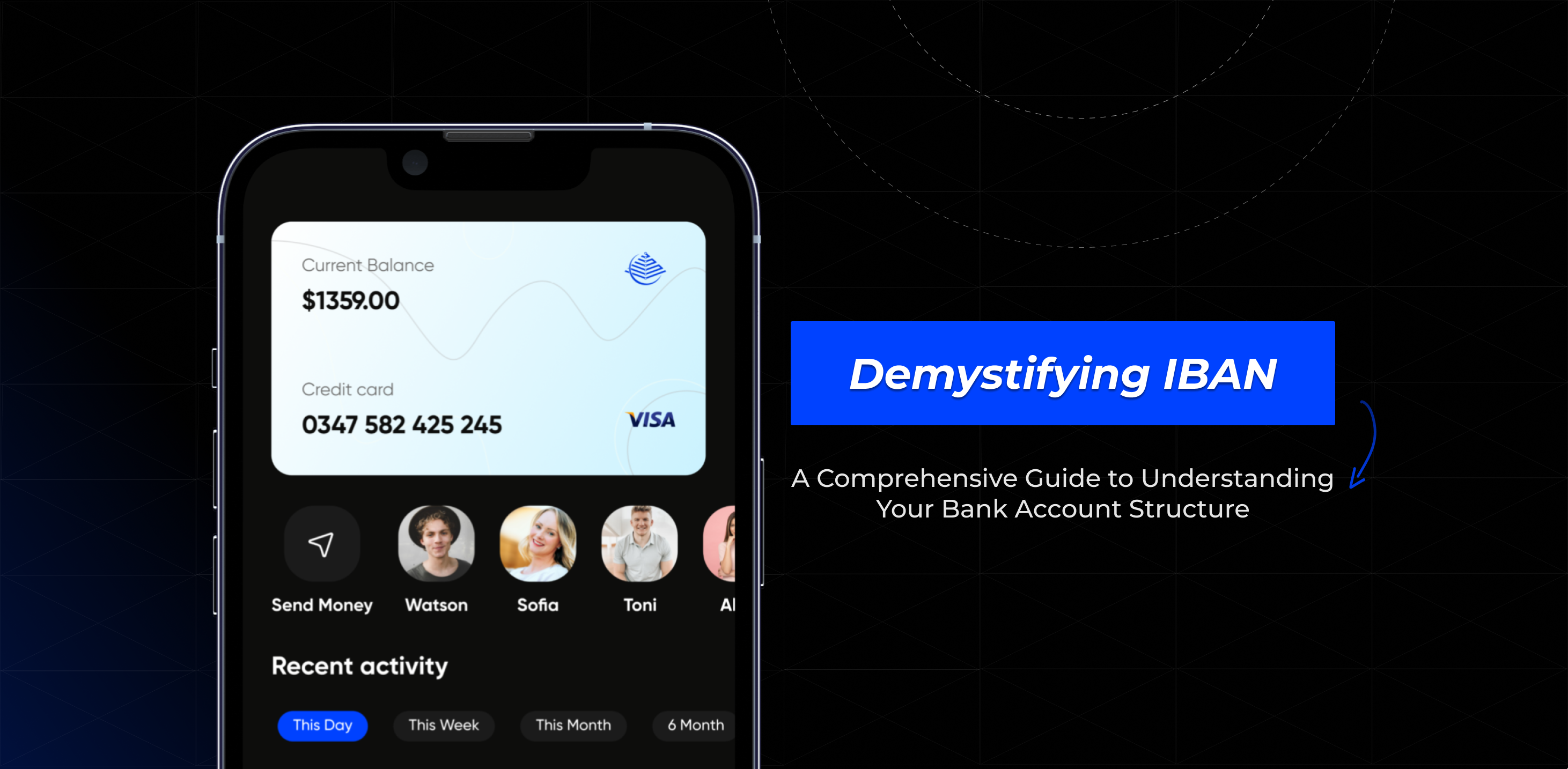
Demystifying IBAN: What You Need to Know for International Transfers
The International Bank Account Number (IBAN) is a standardized system of identifying bank accounts across national borders, primarily within Europe. The main purpose of an IBAN is to facilitate the automated processing of cross-border transactions, thereby reducing errors and enhancing efficiency. First developed in the 1990s, this system aims to simplify the complex systems of different countries by establishing a uniform format that includes essential banking information. 🌍
Understanding the Structure of IBAN
An IBAN consists of up to 34 alphanumeric characters, although it is generally much shorter, varying by country. The format typically includes a two-letter country code, two check digits, followed by a Basic Bank Account Number (BBAN) that is specific to each country. This set of numbers and letters enables banks to identify an account’s country, bank, and branch quickly and accurately. This standardization helps ensure that funds are transferred to the correct recipient without manual intervention in various banking systems.
The Importance of IBAN in Global Finance
In the global financial landscape, the IBAN plays a critical role in reducing errors associated with international transactions. Prior to the introduction of this structured format, international banking transactions were prone to mistakes due to inconsistencies in account number formats between different countries. Incorrect bank information often led to failed transactions, incurring unnecessary costs and delays. By utilizing IBAN, banks can automate cross-border fund transfers, ensuring a higher level of accuracy and speed in processing transactions.
Adoption and Usage
Although initially developed for use within the European Union, the IBAN system has seen global adoption. Many countries outside Europe now use IBAN to facilitate international payments, thanks to its efficiency and error-reducing capabilities. Its acceptance by banks worldwide has been instrumental in streamlining global trade and finance.
Challenges and Limitations
While IBAN has greatly improved international banking, it is not without challenges. One of the primary issues is that not all countries have adopted the IBAN system. As a result, transactions to or from these countries may still face hurdles. Additionally, some financial institutions might still process IBAN transactions manually, which defeats the system’s purpose of automatic processing. 🌎
Conclusion
IBAN has revolutionized the way international transactions are conducted by standardizing account numbers across countries, reducing errors, and improving processing efficiency. Its global acceptance underscores its importance in today’s interconnected financial ecosystem. Using IBAN facilitates smoother transactions, exemplifying how digitization and standardization can resolve complex global issues.
For individuals and businesses dealing in international steroid purchases, understanding how IBAN works helps ensure seamless financial transactions. #BB #Bodybuilding #Gym #Training #Fitness #Anabolicsteroids #steroids #supplements #anavar #sustanon #legitpharmacies #steroidcycles #247steroids 💪
[h2]FAQs[/h2]
What does IBAN stand for?
IBAN stands for International Bank Account Number.
Is IBAN used globally?
While IBAN was initially designed for European banks, many countries globally have adopted it to facilitate international transactions.
Do all countries use IBAN?
No, not all countries have adopted the IBAN system. Transactions involving countries that do not use IBAN may still experience difficulties.
FREE SHIPPING
HOT PROMOTIONS!
BIG SALE | FAST SHIPPING
This article discusses the importance and structure of the IBAN system, which ensures more efficient and reliable international banking transactions. It highlights the role of IBAN in global finance, while also addressing its limitations and challenges. Additionally, it offers practical insights for individuals and businesses engaged in international finance, especially in the context of online transactions involving steroids, as indicated in the linked forum discussion.
An International Bank Account Number, commonly known as IBAN, is a standardized numbering system developed to facilitate international financial transactions across borders by providing a unique identifier for bank accounts. Used primarily in Europe and other parts of the world, the IBAN consists of up to 34 alphanumeric characters, which may include a two-letter country code, two check digits, and a basic bank account number (BBAN) that varies depending on the specific country. The primary advantage of an IBAN is its ability to streamline cross-border banking operations by reducing errors and providing clarity in bank account identification, thereby ensuring that international transactions are processed smoothly and efficiently. This standardization also helps in combating fraud and enhancing the accuracy of banking operations on a global scale. As financial systems become increasingly interconnected, the IBAN system plays a critical role in fostering easy and secure money transfers worldwide.
















